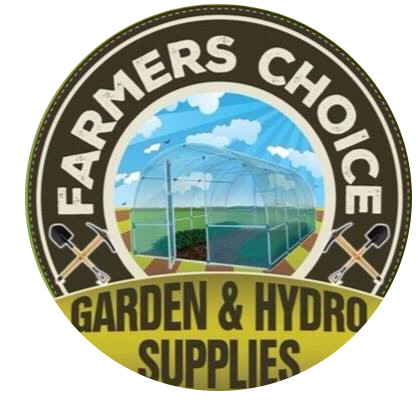Laying The GroundWork for a Food Secure Future

Posted on August 8, 2022.
Despite its climatic conditions that make farming and cultivating crops a challenge, the UAE has embraced the latest in agrotechnology to work towards achieving the country’s goal of becoming the most food secure nation
As a city, Dubai is lauded for its forward-thinking initiatives. It is not only focussed on being technologically advanced in all spheres of life but also strives to maintain a balance between economic growth, the well-being of its residents, and protecting the planet for future generations. Due to its many landmark endeavours, Dubai is perceived as an ideal city to live and work in and has set a precedent for other cities and nations to follow. Its efforts in the agriculture sector are just another example of this.
With climate change and food security assuming greater importance around the world, the UAE has taken several steps to tackle this and become a centre for agriculture technology, food production and innovative food security solutions.
With respect to agriculture, the country’s climatic conditions throw up many challenges—from water shortage to infertile soil and high temperatures, which makes it difficult to cultivate and grow crops. However, these drawbacks have not held back the country from achieving its goals with respect to food security. The country has been increasingly investing in technology to strengthen and boost its agriculture sector.
It has set into motion a number of initiatives and policies to make it the most food secure nation, as part of its National Food Security Strategy 2051.Through this strategy, the country hopes to ensure access to nutritious and safe food supply for the world all through the year—thereby eradicating hunger. This will be achieved by innovative agricultural practices—like hydroponics, aquaponics and organic agriculture, among other efforts—that deliver better productivity and production whilst conserving resources and safeguarding the ecosystem.To achieve this vision, the UAE has been steadily investing in new agritech, sustainable agriculture practices, and offering support and subsidies to farmers and producers to make them more self-reliant. This strategy will also help to provide new jobs and raise USD 6 billion for the country’s economy. UAE’s food trade already exceeds AED 100 billion annually, making the country a global food logistics hub.
Last year, the UAE cabinet also approved a national system for sustainable agriculture to increase the efficiency of farms, improve self-sufficiency, boost average farm income by 10 per cent annually, raise the agricultural workforce by 5 per cent annually, and reduce the amount of water consumed by irrigation.
The International Centre for Biosaline Agriculture (ICBA) has also been exploring and cultivating alternative crops that can thrive in the region. Other steps are also being taken, for instance, Desert Control, a chemical company, is working towards reversing desertification and making the earth green again by way of its patented Liquid Natural Clay (LNC) method.
Source: Economic Times
How Can We Help?
Send the team a message.
